Grantee Interviews
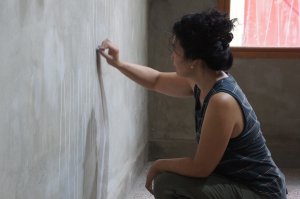
Elaine Ng: Cultural Cartography: The Material and Pattern of Place
Through research and exploration of Tainan City, Elaine Ng found the materials and patterns on the streets provided her a new cultural context and language
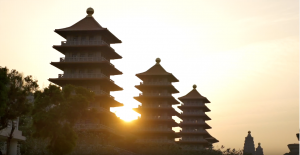
Reed Criddle: Performing Editions of Taiwanese Buddhist Chant
Is chanting a form of performance or a form of meditation? Through his five months Fulbright research in Taiwan, Dr. Reed Criddle would argue it

Alexandra Hezik: Efficacy of Citrus as a Potential Fungicide, Insecticide, and Fertilizer
Fossil fuel plays a huge role in commercial agriculture, but many scientists are looking for alternatives to fossil fuel soil amendments. Alexandra Hezik examined the
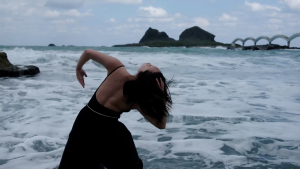
Alisha Jihn: Being Embodied: Body Image and Dance/Movement Therapy
Dance therapy can be used in a different cultural context. Alisha Jihn explores the possibilities and sees that dance therapy can be effective in fostering
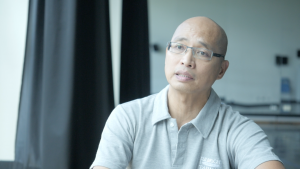
Paul Ocampo: Advancing Body-Mind Relationship in Dance Technique
Can “Tai Chi” mix with dance? Is training from a dance academy the only way? Through his Fulbright exchange, Paul Ocampo shows us that dancers
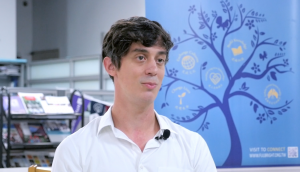
Brian Skerratt: Orphans of the Earth: Ecological Crisis and Local Imagination in Contemporary Taiwanese Poetry
https://youtu.be/RkdFm9GMq4E Lillygol Sedaghat documented Taiwan’s waste management system and innovations in plastics and electronics recycling through film and digital media. She hopes to inspire

Kay Duffy: The Third Day of the Third Month in Medieval Texts
Ms. Duffy provides an overview of her dissertation research, which examines the production and negotiation of imperial legitimacy at banquets held on the third day
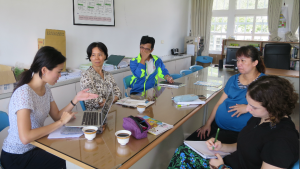
Lynn Nakazawa & Elie Yu: Teacher Training & Research with Fulbright Taiwan
Lynn Nakazawa and Elie Yu work within the ETA advisory team which provides training and advice to the English Teaching Assistants (ETAs) and Taiwan local
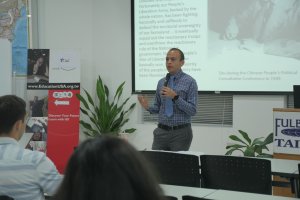
Fredy González: Oppose the Qing, Restore the Ming: The Hong Men Fraternal Organization’s Malleable Nationalism
What does “Oppose the Qing and Restore the Ming”” mean in the mid-twentieth century? Fredy González analyzes the slogan in the context of the Second

